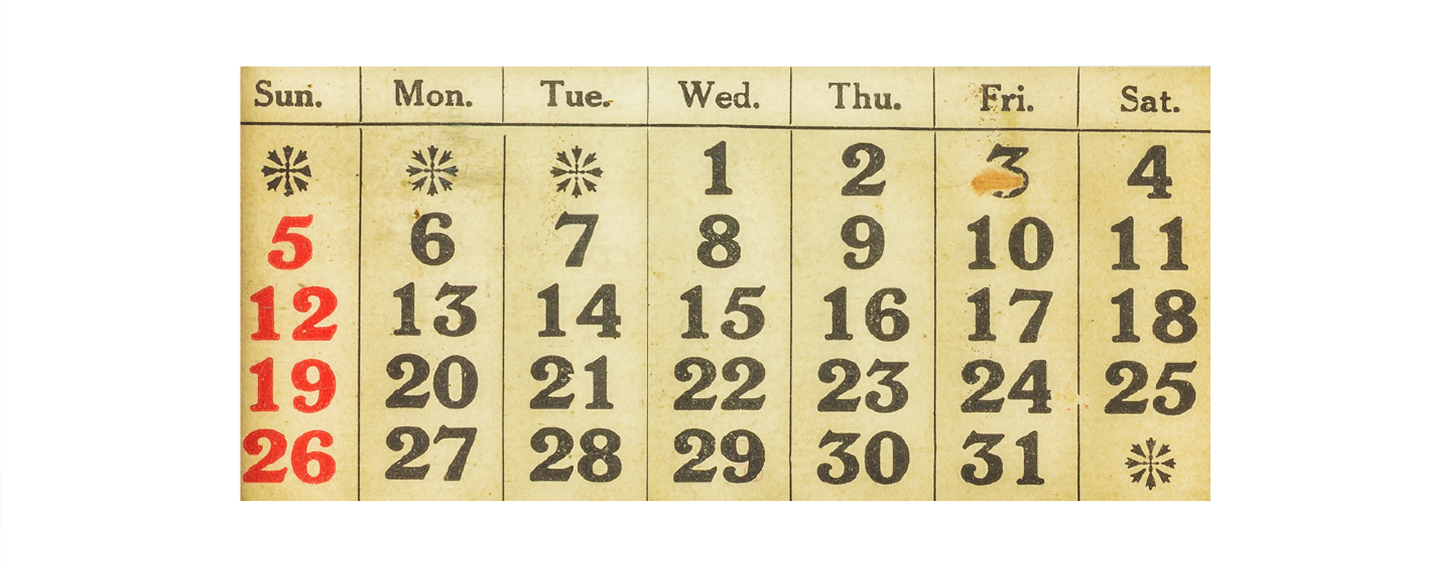1 of 5
1 of 5
Newer fuel-efficient planes that emit less greenhouse gas don’t help solve global warming if the old gas guzzlers keep flying. But if Uncle Sam bought the clunkers and scrapped them, the calculated savings in carbon reduction would be:
2 of 5
2 of 5

Drug patents come with a 20-year exclusivity period, allowing pharma makers to recoup investment before generic competition kicks in. On average, 9.1 years is eaten up in development, testing and regulatory approvals, leaving 10.9 years to sell, sell, sell. So-called add-on, or “evergreening” patents, much criticized, add, on average, another:
3 of 5
3 of 5
Do university researchers respond to government pollution mandates? After stricter pollution rules were imposed on major cities, higher education institutions in those areas pumped out increased research — and won patents — around automobiles, especially electric and hybrid models. What country did this occur in?
4 of 5
4 of 5

Some corporate bonds don’t trade for days or even weeks, yet bond funds that hold them have to report prices daily. Go figure. When interest rates are rising (which drives bond prices down), that can lead to stale, or inaccurate, pricing of bond funds, an opportunity for in-the-know traders to sell before official prices adjust. Research suggests the selling pattern is:
5 of 5
5 of 5
Your crazy uncle — and millions of other Americans — hold beliefs not supported by facts. Researchers wondered whether lack of trust in the source of correct information could account for refusal to adjust beliefs. Tests conducted on 2,000 volunteers suggest: